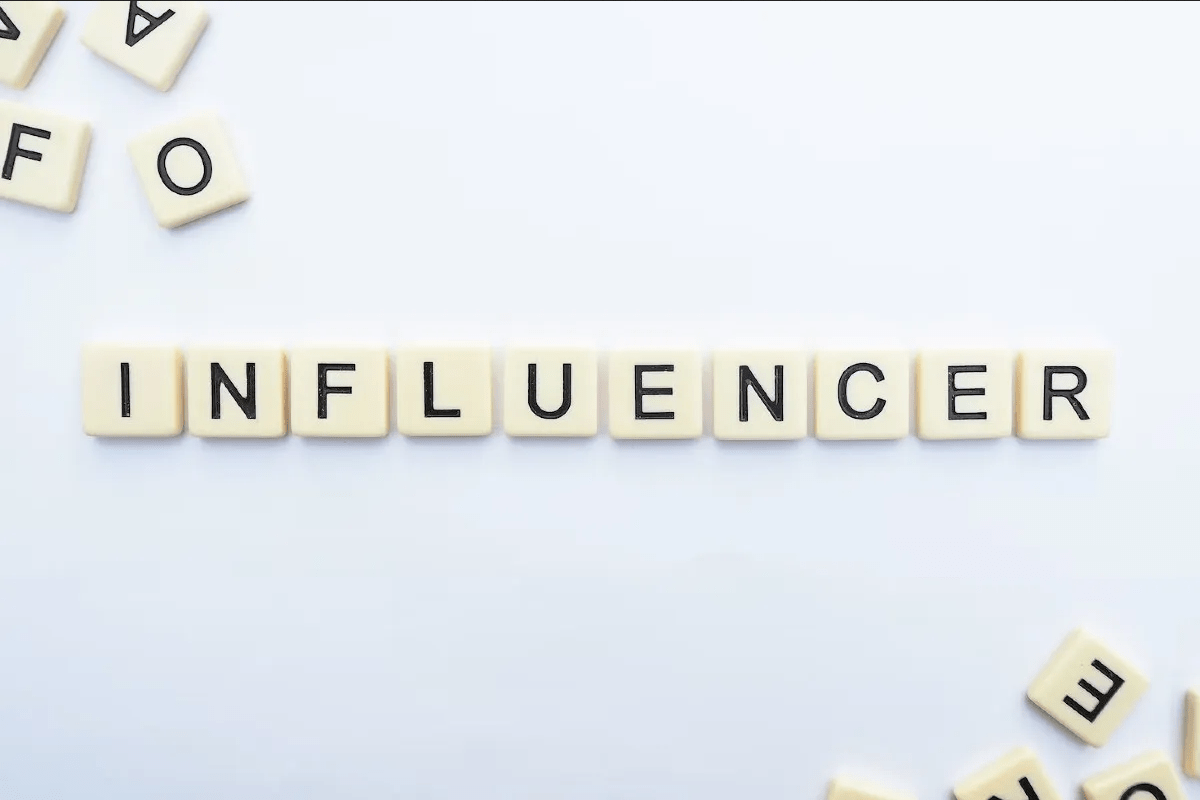The Evolving Landscape of Influencer Marketing in the iGaming Industry

Influencer marketing has transcended its origins as a platform for promoting cosmetics. It has now become a dominant strategy employed by complex brands, products, and platforms. With an average annual growth rate of 46.9% from 2016 to 2022, influencer marketing has firmly established itself as a powerful tool in the iGaming industry.
An overwhelming 9 out of 10 players in the iGaming industry have embraced influencer marketing as a permanent channel to connect and engage with their target audiences. The rationale is clear: harnessing the power of influencers allows brands to reach a highly motivated audience within the iGaming community, enhancing the likelihood of positive responses to marketing messages. Additionally, influencers bring an authenticity and level of trust that traditional advertising channels struggle to achieve, especially for products with legal constraints. In a fiercely competitive market, influencer marketing enables iGaming brands to differentiate themselves and maintain top-of-mind awareness among consumers. The iGaming industry, encompassing online gambling, sports betting, and casino games, has witnessed rapid growth, with an estimated worth of $61 billion annually in 2021 and projected 86% growth by 2028.
The current landscape of influencer marketing in the iGaming industry indicates that brands are continuously expanding their communication and audience reach through content creators. According to BuzzGuru research, 89% of marketers acknowledge that influencer marketing delivers higher return on investment (ROI) compared to other channels. Year after year, iGaming brands are allocating larger budgets to influencer marketing, enabling them to reach new audiences and enhance performance among existing ones. A significant trend is the rise of collaborations between brands and micro-influencers, with 77% of brands preferring to work with these creators. Niche influencers are seen as more authentic and engaging, facilitating the creation of a loyal and dedicated customer base.
The future of influencer marketing in the iGaming industry is shaped by several emerging trends. First, influencers are increasingly deeply involved in promoting products, going beyond traditional cost-per-action (CPA) deals. They become brand ambassadors who regularly use and genuinely express excitement for the iGaming products they endorse. This authenticity resonates better with the audience, providing a more genuine promotional experience.
Second, long-term partnerships are becoming favored over one-off campaigns. These enduring relationships build authenticity and loyalty between brands, influencers, and their respective audiences. Collaborating with influencers who have performed well and share similarities with the brand helps broaden the brand’s reach by tapping into their audience.
Third, there is a growing emphasis on transparent advertising messages. Regulations prohibit simple promotions of casinos and betting platforms on platforms like YouTube and Instagram. Hence, ad messages need to be native and transparent, highlighting platform benefits, unique selling propositions (USPs), and new user bonuses. Clear and straightforward calls-to-action, such as ‘click here,’ ‘register now,’ or ‘use a promo code,’ are crucial.
While influencer marketing in the iGaming industry presents numerous opportunities, it also poses challenges. Finding experienced influencers willing to take the risks associated with promoting iGaming can be challenging. Additionally, targeting the right audience, typically solvent males above 20, requires careful consideration. Emphasizing unique platform features and repeating clear calls-to-action are essential to drive engagement.
Emerging technologies play a crucial role in influencer marketing for iGaming brands. Virtual and augmented reality can create immersive experiences, replicating the excitement and atmosphere of physical casinos for online casino platforms. Artificial intelligence (AI) aids in analyzing influencers’ accounts, audience engagement, and competitors’ strategies. AI-driven platforms like BuzzGuru provide insights into influencer marketing strategies, enabling informed decision-making and optimization of campaigns.
Analyzing campaign performance through comprehensive analytics is a key aspect of influencer marketing. By delving into creators’ analytics, including audience data, engagement rates, views, and reach, agencies can provide recommendations to enhance future launches. Adapting strategies based on analytics and industry insights ensures continual learning and improvement.
The future of influencer marketing in the iGaming industry is bright. Brands that leverage the power of influencers will continue to expand their audience, build brand awareness, and attract new players. By embracing emerging technologies, refining messaging, and harnessing the insights provided by analytics, iGaming brands can maximize the potential of influencer marketing in this dynamic and thriving industry.
Recommended Posts

Financial Aspects of Doing Business in Malta
July 26, 2024

Buffalo’s Wealth Slot Game by 1spin4win
July 26, 2024




